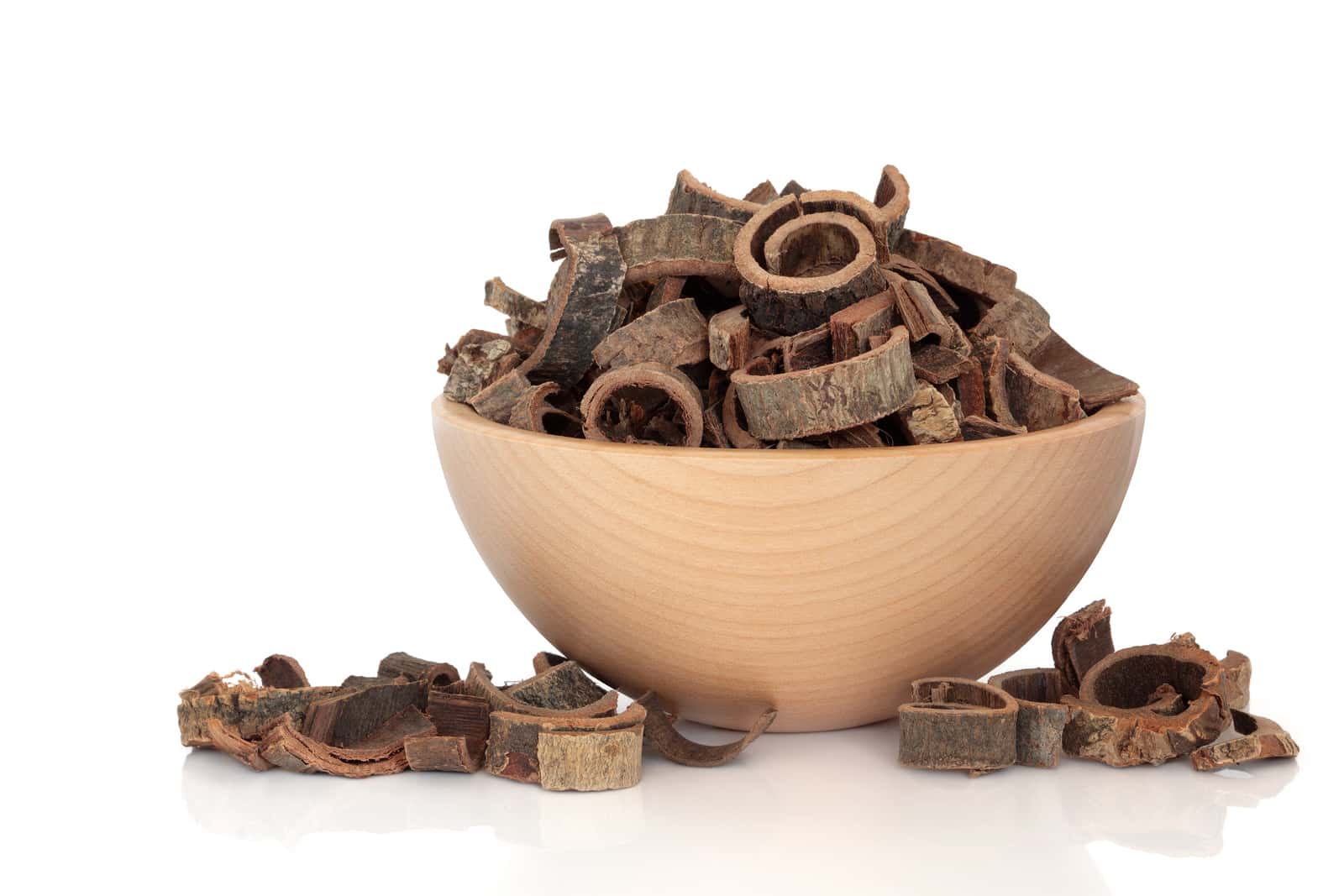
Compounds used in traditional Chinese medicine are often new to Western medical science, even if they have been used for centuries. Increasingly, however, researchers are investigating these naturally-derived drugs to determine their actions and how they work. One such botanical medicine is known as honokiol. As a reader pointed out to us, it comes from magnolia bark.
Magnolia Bark Has Multiple Uses:
Q. Do you have any information about honokiol, a magnolia bark derivative used for some centuries in regions of Asia? I started taking it to treat thickening of the heart muscle and found it helped my chronic pain left over from Guillain-Barré 30 years ago.
Further reading led me to claims that it repairs cellular damage. Something has provided me with the first relief in many years from raw nerves and constant discomfort. I would love to find some legitimate research or source for professional guidance.
The Science on Honokiol:
A. Thank you for bringing this compound from Magnolia officinalis to our attention. It has been used in traditional Chinese medicine to treat depression and anxiety.
We found quite a few basic science studies indicating that honokiol can reduce pain and inflammation, but we didn’t discover any clinical trials (Frontiers in Pharmacology, March 20, 2018). It seems to suppress the transient receptor potential (TRP) ion channels V1 that sense pain, especially from heat (Biomedicine & Pharmacotherapy, June 2019).
There is also substantial research indicating that it has anti-cancer activity (Biomedicine & Pharmacotherapy, Nov. 2018). Scientists believe it works through multiple pathways (Cancers, Dec. 22, 2019). Here again, however, we haven’t seen that it has been tested in humans.
One of the best sources of information about dietary supplements online is Examine.com. According to that website, investigators are currently studying honokiol as an add-on to cancer therapy. Consequently, there is a chance that this magnolia compound will find its place in the standard anti-cancer pharmacopeia.
Citations
- Khalid S et al, "Antihyperalgesic properties of honokiol in inflammatory pain models by targeting of NF-κB and Nrf2 signaling." Frontiers in Pharmacology, March 20, 2018. DOI: 10.3389/fphar.2018.00140
- Khalid S et al, "Suppression of TRPV1 and P2Y nociceptors by honokiol isolated from Magnolia officinalis in 3rd degree burn mice by inhibiting inflammatory mediators." Biomedicine & Pharmacotherapy, June 2019. DOI: 10.1016/j.biopha.2019.108777
- Rauf A et al, "Honokiol: An anticancer lignan." Biomedicine & Pharmacotherapy, Nov. 2018. DOI: 10.1016/j.biopha.2018.08.054
- Ong CP et al, "Honokiol: A review of its anticancer potential and mechanisms." Cancers, Dec. 22, 2019. DOI: 10.3390/cancers12010048

